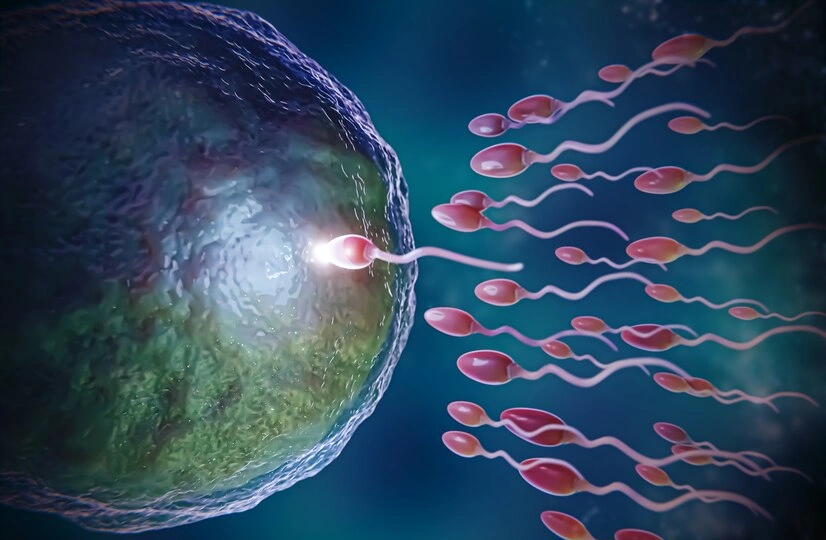Introduction
Semen, often regarded as the essence of masculinity, plays a crucial role in fertility. Its composition, consistency, and quality are factors that can significantly impact reproductive health. Among the variations in semen, watery consistency is one that raises concerns for many individuals and couples aiming to conceive. In this article, we expose the Causes and Effects of watery semen on Fertility, shedding light on this important aspect of reproductive health.
Semen Composition
Semen is a complex fluid composed of various components, including spermatozoa, seminal fluid, and enzymes. The seminal fluid, produced by the seminal vesicles and prostate gland, provides nourishment and protection for sperm. It contains sugars, proteins, minerals, and other substances crucial for sperm viability and motility. The consistency of semen can vary from thick to watery, influenced by factors such as hydration, frequency of ejaculation, and overall health.
Identifying Watery Semen
Watery semen is characterized by a thin and runny consistency, unlike the typical viscous texture of healthy semen. It may appear translucent or slightly cloudy and lacks the usual gel-like quality. While occasional variations in semen consistency are normal, persistent watery semen may indicate an underlying issue that warrants attention.
Causes of Watery Semen
Several Factors Can Contribute to the Development of Watery Semen, Including:
- Dehydration: Inadequate fluid intake can lead to dehydration, resulting in a decrease in semen volume and concentration. Staying hydrated is essential for maintaining optimal semen quality.
- Hormonal Imbalance: Disruptions in hormone levels, particularly testosterone, can affect semen production and consistency. Conditions such as hypogonadism or thyroid disorders may contribute to watery semen.
- Infections: Certain infections, such as sexually transmitted infections (STIs) or urinary tract infections (UTIs), can inflame the reproductive organs and alter semen consistency.
- Medications: Some medications, including certain antidepressants, antifungals, and blood pressure medications, may have side effects that impact semen quality.
- Lifestyle Factors: Poor diet, excessive alcohol consumption, smoking, and drug use can all adversely affect semen quality, leading to watery semen among other issues.
Effects of Watery Semen on Fertility
The consistency of semen can influence fertility outcomes, as it affects the ability of sperm to travel and fertilize an egg. Watery semen may reduce sperm motility and viability, diminishing the chances of successful fertilization. Additionally, a lower semen volume can result in fewer sperm being ejaculated, further decreasing fertility potential.
Furthermore, watery semen may indicate an underlying reproductive health concern that requires medical evaluation and intervention. Addressing the root cause of watery semen is crucial for optimizing fertility and overall reproductive health.
Conclusion
Watery semen is a common concern among individuals and couples trying to conceive, and understanding its causes and effects on fertility is essential. While occasional variations in semen consistency are normal, persistent watery semen may signal an underlying issue that requires medical attention. By addressing factors such as hydration, hormone levels, infections, and lifestyle habits, individuals can take proactive steps to improve semen quality and enhance fertility outcomes. Seeking guidance from a healthcare professional is advised for individuals experiencing persistent issues with watery semen, as timely intervention can help address any underlying reproductive health concerns and improve the chances of conception.





